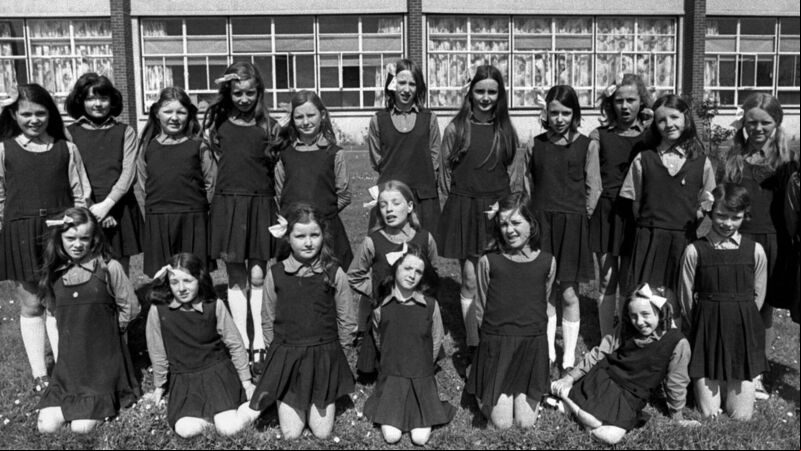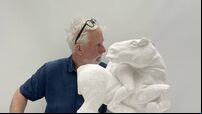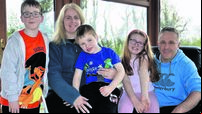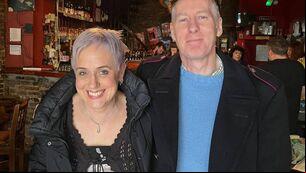Throwback Thursday: Lough memories, and RTÉ visit to our school

Reader Pat Kelly was entertained by our recent discussion of cinema-going in the Cork of bygone days, and sent us a few fascinating facts from his encyclopaedic memory.

In 1945, Norman was appointed organist to the Irish Cinemas Ltd Circuit, travelling the country and playing in Dublin, Limerick and Cork.

“The church and the tavern at the top of the hill vied for attention - mother in the church, father nightly in the tavern (‘giving another car to Angela’ was one of my mother’s frequent comments.)”
Did RTÉ ever record at your school? Do you the milk being delivered, poured out of churns into your waiting jug? Tell us! Email [email protected]. Or leave a comment on our Facebook page: www.facebook.com/echolivecork.







 App?
App?


